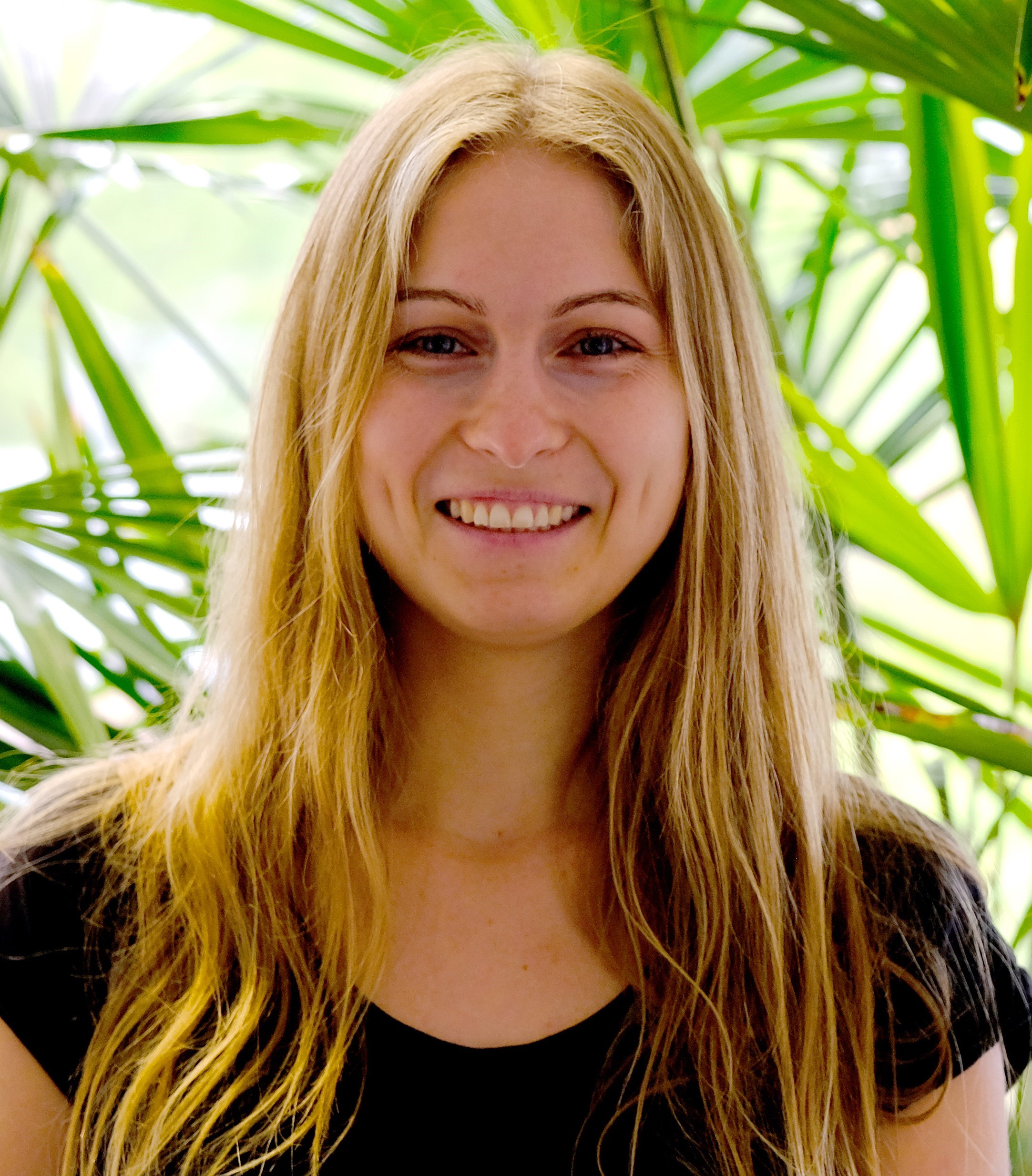PS Seminar Series - Growth in fluctuating light buffers plants against photorespiratory perturbations
Photorespiration (PR) is the pathway that detoxifies the product of the oxygenation reaction of Rubisco. It has been hypothesized that in dynamic light environments, PR provides a photoprotective function by serving as a sink for excess ATP and/or reducing equivalents.
Speakers
Event series
Content navigation
Description

Abstract: Photorespiration (PR) is the pathway that detoxifies the product of the oxygenation reaction of Rubisco. It has been hypothesized that in dynamic light environments, PR provides a photoprotective function by serving as a sink for excess ATP and/or reducing equivalents. To test this hypothesis, we characterized plants with varying PR enzyme activities under fluctuating and non-fluctuating light conditions. Contrasting our expectations, growth of mutants with decreased PR enzyme levels was least affected in fluctuating light compared with wild type. Results for growth, photosynthesis and metabolites combined with thermodynamics-based flux analysis revealed two main causal factors for this unanticipated finding: reduced rates of photosynthesis in fluctuating light and complex re-routing of metabolic fluxes. Only in non-fluctuating light, mutants lacking the glutamate:glyoxylate aminotransferase 1 re-routed glycolate processing to the chloroplast, resulting in photooxidative damage through H2O2 production. Our results reveal that dynamic light environments buffer plant growth and metabolism against photorespiratory perturbations, providing a paradigm shift for PR-based plant engineering strategies to improve photosynthesis.
Biography: Thekla von Bismarck is currently a postdoc at the Heinrich-Heine-Universität (Düsseldorf, Germany). Her main research interest lays in understanding the metabolic and energetic connection of photosynthetic light reaction and downstream metabolism in dynamic light. She recently obtained her PhD at the Max Planck Institute of Molecular Plant Physiology (Potsdam, Germany), during which she focused on understanding how photosynthesis copes with natural conditions, specifically drastic and rapid changes in light intensity that are encountered in the field. These conditions require fast regulation of photosynthesis on multiple levels to (i) assure photoprotection, while (ii) optimizing photosynthetic energy production to match downstream energy consumption. Prior to her PhD, Thekla has completed a Bachelor and Master of Science at the Humboldt University in Berlin, Germany.
Location
Please note: this seminar will be held in the Eucalyptus Rm and via Zoom, details are included below.
Eucalyptus Room, Rm S205, Level 2, RN Robertson Building (46)
Please click the link below to join the webinar:
https://anu.zoom.us/j/81457830565?pwd=TWV0dEROUmVtUzJKNklVSzFLS1RWZz09
Meeting ID: 814 5783 0565
Passcode: 750584
Canberra time: please check your local time & date if you are watching from elsewhere.




